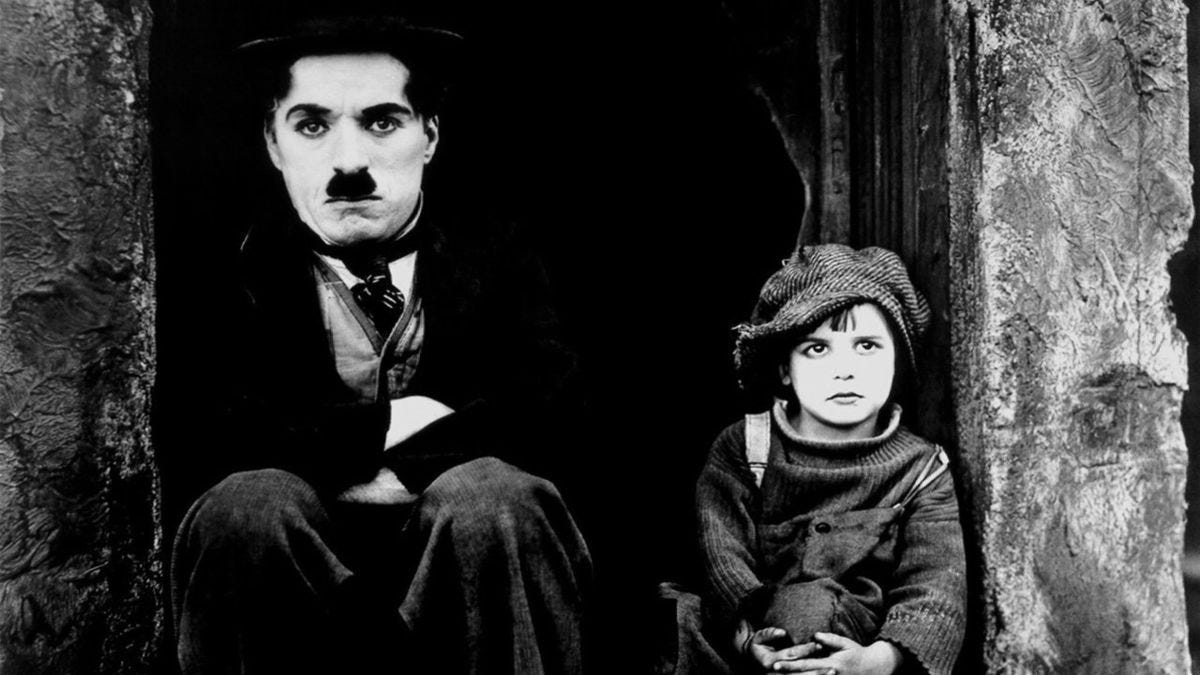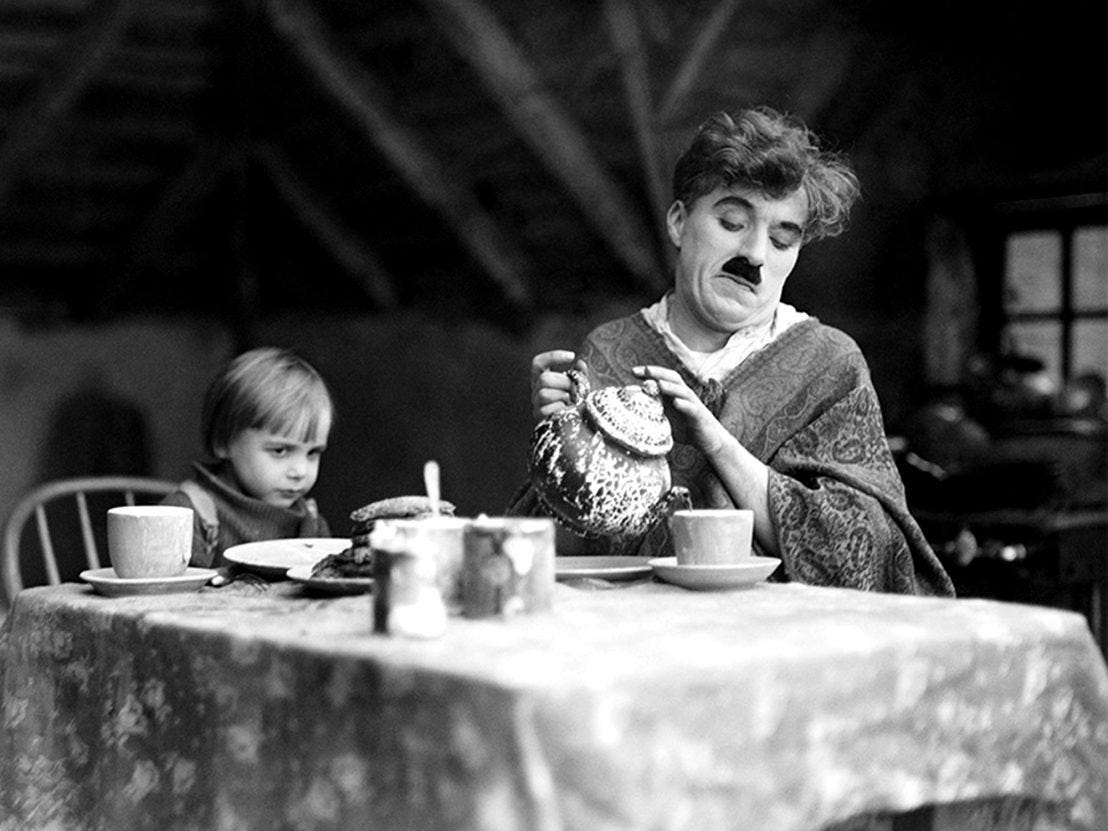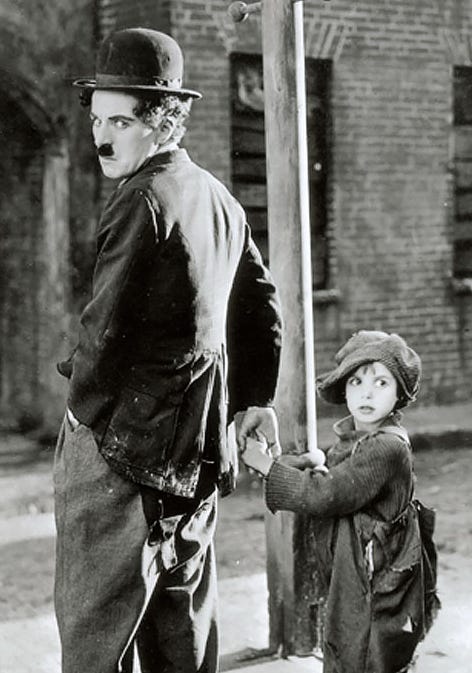Your Children Are Not Yours
The purpose of a parent-child relationship according to poet Khalil Gibran

Dear Reader,
This is a bit different from my usual book-based reflections. Between a Dead Poets Society and The Tortured Poets Department, I would like to think that there exists a Perfectly Fine Poets Society in which we simply talk about poetry. Here, I reflect on a poem titled “On Children” from Khalil Gibran’s book The Prophet.
Your children are not your children. They are the sons and daughters of Life’s longing for itself. They come through you but not from you, And though they are with you yet they belong not to you. You may give them your love but not your thoughts, For they have their own thoughts. You may house their bodies but not their souls, For their souls dwell in the house of tomorrow, which you cannot visit, not even in your dreams. You may strive to be like them, but seek not to make them like you. For life goes not backward nor tarries with yesterday. You are the bows from which your children as living arrows are sent forth. The archer sees the mark upon the path of the infinite, and He bends you with His might that His arrows may go swift and far. Let your bending in the archer’s hand be for gladness; For even as He loves the arrow that flies, so He loves also the bow that is stable.
Instead of entering the world with a fully developed brain, humans are born with a significantly smaller one that is fit to pass through the birth canal. An underdeveloped brain means a long road to grasping the basics of survival, like fleeing from danger or even feeding. A neonate is utterly helpless compared to, for example, a sea turtle that just hatched on a beach. As such, human offspring require a great deal of nurture for a much longer time compared to other animals. Depending on where you are in the world, a person is legally considered an adult as late as 18 or 21 years of age, and yet, technically, the brain is not considered to be fully developed until the mid to late 20s. During that time, the parent-child bond develops and human adults are, for the most part, wired to intuitively care for their young. However, oftentimes the parent-child relationship becomes complicated overtime as the child grows into their own person. There are many reasons for such complications, but in his poem, Gibran’s advice to parents is to avoid the illusion of possession and control.
A Vessel for Life
Gibran begins the poem very matter-of-factly declaring that the children you call your own are not actually objects of your possession. “They are the sons and daughters of Life’s longing for itself.” That last bit hooked itself on my mind for a while: Life’s longing for itself. It is almost as if to say that Life’s objective is perpetuity — infinitely producing a Russian nesting doll of humans; and a parent is a conduit in that production line. A vessel that fulfills Life’s goal of propagation and survival, almost as if Life is a baton that wants to be passed from one person to the next ad infinitum. Otherwise, Life will be no more.
An Usher and a Host
As a parent, you are an usher (looking for life on Earth? Right this way, please) and a host (how do you like the temperature in your room? would you like some more desert?).
The new Life on Earth needs introductions, directions, instructions, and a place to stay until it can figure things out on its own and find its own way around. Gibran forewarns parents about mistaking their ushering and hosting for ownership. The small Life will grow into its own person with thoughts, feelings, and a soul over which no parent (or anyone really) has control. However, while the Life is dependent on you for decades, it sure will be influenced and may pick up a thing or two; but it will ultimately decide for itself what it wants to keep and what it can do without. That should not be an offense to parents:
“…but seek not to make them like you.
For life goes not backward nor tarries with yesterday.”
Even though you, as a parent, exist in the present and was once upon a time the future, you are now and will always be of the past relative to your children’s trajectory. Life moves forward with Time. Time follows the principles of thermodynamics which cannot be reversed, and thus moves only in one direction: forward toward entropy (side note: for more on that, I cover this theory in another post here). Life, not just the kid, is not interested in the thoughts and mindsets of yesteryears. Life seeks to reinvent itself. Yes, it’s scary, but c’est la vie.
A Bow to Their Arrow
Just as Life seeks infinity, an arrow seeks a soaring flight. Gibran mentions “the archer” who may be God, a deliberating universe, or a personification of fate. It is someone or something that aims high and far, and for that it requires a compliant bow which can propel its arrows as high and far as they can go. In other words, parents, be agile, limber, and flexible. Sometimes the bows may be rigid out of fear the arrows will stray too far and will get lost, or worse, killed (or kill someone?). But what use is firing an arrow only for it to plop on the ground at the archer’s feet? Then why have an arrow? Why be a bow? Yes, archery (like life reinventing itself) is scary, but such is Life’s way.
Closing Remarks/Disclaimer
I am not a parent. This is not intended to be parenting advice; I am merely interpreting/reflecting on the poem. However, parenthood does seem like an emotional challenge: ushering a Life into the world, hosting it for decades, and then letting it go off into the wilderness.
Till next time,
O







This is a wonderful piece!
I wasn’t familiar with these particular words of Gibran, but many years ago I heard Sadhguru say ‘your children do not belong to you’ and even though this was long before I became a mother it resonated deeply, there was a total recognition of truth in those words.
I’d said these words to a deeply spiritual friend and she was very triggered by the idea of her child not belonging to her, which surprised me, but I also get how confronting it could be.
I wondered if I’d feel differently after having a child, but I don’t. It’s an honour to usher my daughter forward. It seems so obvious to me that she has her very unique place on this earth that was facilitated by me and I get to witness her soul express itself through her beautiful body. X
Most parents generally mean well, however, in their love for their children, they end up possessing and obstructing.
Life cannot be obstructed, and children will one way or another get the opportunity to be what they must be, for the world needs them to be these things.
The desire to possess, even if out of love, will cause disturbance and friction. It is tempting to want to shield and protect, but life has far much greater purposes than parents can know.
We all belong to life itself, which is why we enter and exit yet it keeps going. We must know this, for it holds for us, those we care about, and those who care about us.